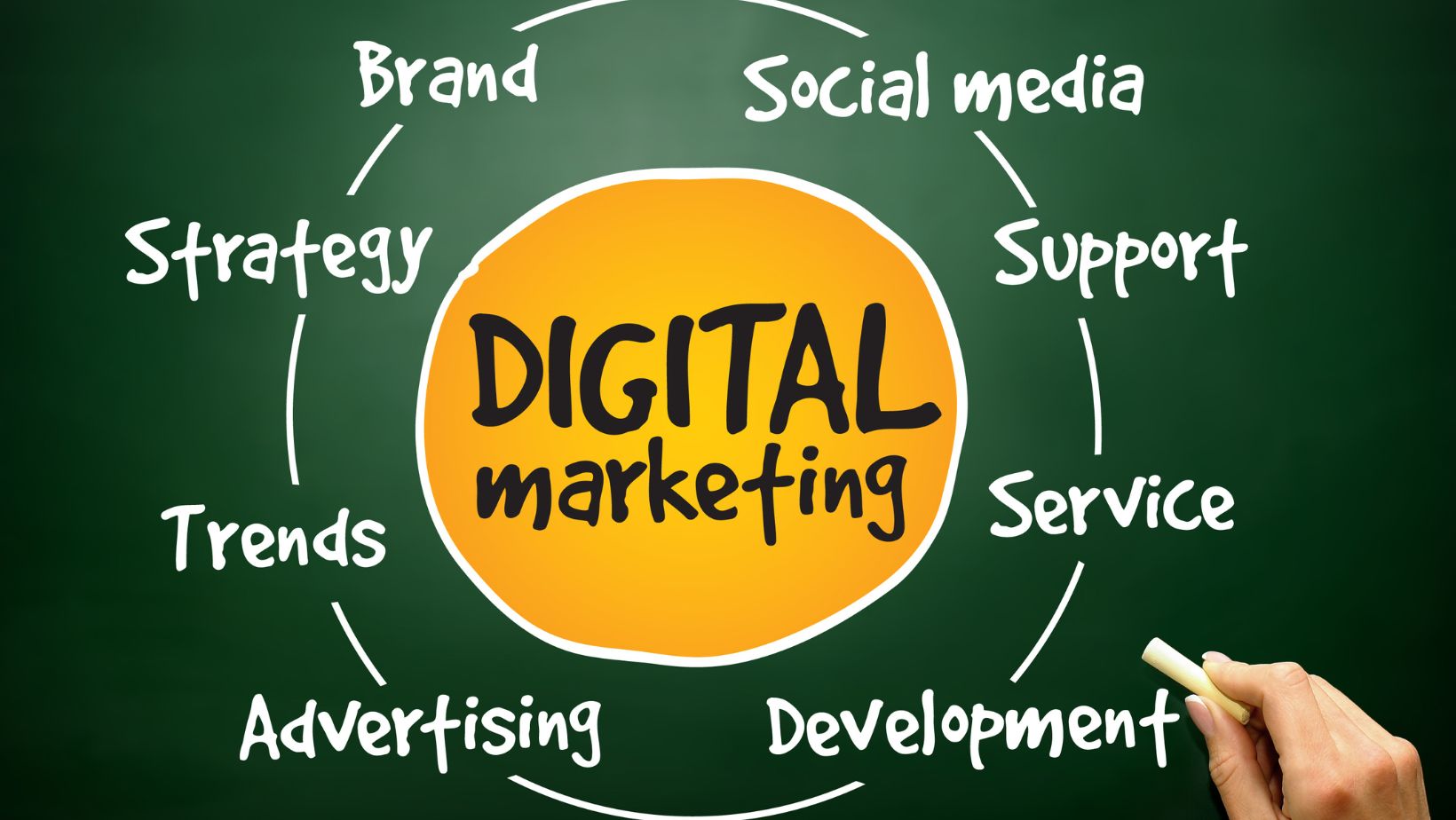
The Local Business Marketing Revolution
Small local businesses have traditionally relied on word-of-mouth referrals, print advertisements, and personal relationships to drive growth. While these foundational elements remain important, the digital transformation has created unprecedented opportunities for local businesses to reach, engage, and retain customers through sophisticated marketing automation platforms. The democratization of enterprise-level marketing tools has leveled the playing field, allowing a neighborhood restaurant or local contractor to implement customer engagement strategies that rival those of major corporations.
Marketing automation has evolved from a luxury reserved for large businesses with substantial marketing budgets to an essential tool for local enterprises seeking sustainable growth. These platforms enable small business owners to maintain personal relationships with customers while scaling their outreach efforts through intelligent automation that delivers the right message to the right person at the optimal time.
The shift toward automated marketing represents more than technological adoption—it reflects a fundamental change in how local businesses understand and interact with their customer base. Data-driven insights replace intuition-based decision making, while systematic follow-up processes ensure that no potential customer falls through the cracks.
Email Campaign Automation: Beyond Basic Newsletters
Segmented Communication Strategies
Modern email marketing platforms enable local businesses to move far beyond generic newsletters toward highly targeted communication strategies. A local fitness studio can segment their email list based on class preferences, attendance patterns, and membership types, delivering personalized content that resonates with each group’s specific interests and needs.
Welcome email sequences for new customers create professional first impressions while educating recipients about products, services, and company values. These automated sequences can include special offers, helpful resources, and social proof elements that encourage engagement and build trust. A local accounting firm might send new clients a series of emails explaining their process, introducing key team members, and providing valuable tax planning resources.
Behavioral triggers enable businesses to respond automatically to customer actions. When a restaurant customer hasn’t visited in 30 days, an automated email with a special offer can encourage return visits. When a retail customer browses specific products online but doesn’t purchase, a follow-up email with additional product information or a limited-time discount can convert browsers into buyers.
Seasonal and Event-Based Campaigns
Local businesses benefit significantly from automated campaigns tied to seasonal events, holidays, and community happenings. A landscaping company can automate spring preparation reminders, fall cleanup offers, and winter service notifications based on calendar dates and local weather patterns. These campaigns maintain consistent customer communication without requiring manual effort for each seasonal transition.
Event-based automation extends to personal milestones and business anniversaries. Automated birthday emails with special offers create positive customer experiences while driving sales. Anniversary campaigns celebrating customer relationships or business milestones strengthen emotional connections between brands and their communities.
Lead Management and Customer Relationship Systems
Comprehensive Customer Journey Mapping
Marketing automation platforms enable local businesses to map and optimize entire customer journeys from initial contact through long-term loyalty. A local home improvement contractor can track prospects from their first website visit through quote requests, project completion, and referral generation. This comprehensive view reveals opportunities for improvement and ensures consistent follow-up at every stage.
Lead scoring systems automatically prioritize prospects based on their engagement levels, demographics, and behavior patterns. A real estate agent can focus their personal attention on leads who have viewed multiple property listings, opened several emails, and requested property tours, while nurturing cooler prospects through automated content sequences.
The integration of multiple touchpoints creates unified customer profiles that inform personalized marketing strategies. Online interactions, email engagement, phone calls, and in-person visits combine to create comprehensive pictures of customer preferences and buying patterns. For more on these tools, go here.
Automated Follow-Up Sequences
Systematic follow-up processes ensure that potential customers receive consistent communication without overwhelming busy business owners. A local spa can implement automated sequences that follow up with consultation requests, remind customers about upcoming appointments, and solicit feedback after services. These systems maintain professional communication standards while freeing staff to focus on service delivery.
Pipeline management features help service-based businesses track prospects through multi-step sales processes. A wedding photographer can monitor couples from initial inquiry through contract signing, with automated reminders for proposal submissions, contract reviews, and payment schedules. This systematic approach reduces the likelihood of lost opportunities while maintaining professional project management.
Customer Engagement Tracking and Analytics
Behavioral Analysis and Insights
Modern marketing automation platforms provide detailed analytics that help local businesses understand customer behavior patterns and preferences. Email open rates, click-through rates, and website engagement metrics reveal which content resonates with different customer segments. A local bookstore can identify which types of book recommendations generate the most interest and tailor future communications accordingly.
Social media integration enables businesses to track customer interactions across multiple platforms, creating comprehensive engagement profiles. When customers interact with Facebook posts, Instagram stories, and email campaigns, businesses gain insights into preferred communication channels and optimal posting times.
Heat mapping and website analytics reveal how customers navigate business websites, identifying popular content areas and potential friction points. This information guides website optimization efforts and content creation strategies that better serve customer needs.
Return on Investment Measurement
Marketing automation platforms provide clear metrics for evaluating campaign effectiveness and return on investment. Local businesses can track which email campaigns generate the most sales, identify their most valuable customer segments, and optimize their marketing spend based on concrete performance data.
Attribution tracking connects marketing efforts to actual sales results, enabling businesses to understand which touchpoints contribute most to customer conversions. A local restaurant can determine whether email campaigns, social media posts, or website content drives more reservations and focus their efforts accordingly.
Integration and Workflow Optimization
Multi-Platform Coordination
Successful marketing automation requires seamless integration between different business systems. Customer relationship management platforms, email marketing tools, social media schedulers, and accounting software must work together to create unified customer experiences. This integration eliminates data silos and ensures consistent messaging across all customer touchpoints.

Staff Training and Implementation
Effective marketing automation implementation requires proper staff training and change management. Local businesses must invest time in learning platform capabilities, developing content strategies, and establishing measurement protocols. Many successful implementations begin with simple automated sequences that gradually expand as teams become more comfortable with the technology.
The most successful local businesses view marketing automation as an extension of their personal customer service philosophy rather than a replacement for human interaction. Technology handles routine communication and data management tasks, freeing business owners and staff to focus on high-value personal interactions that build lasting customer relationships.
Marketing automation represents a fundamental shift toward data-driven customer relationship management that enables local businesses to compete effectively in increasingly digital marketplaces while maintaining the personal touch that defines successful community-based enterprises.






